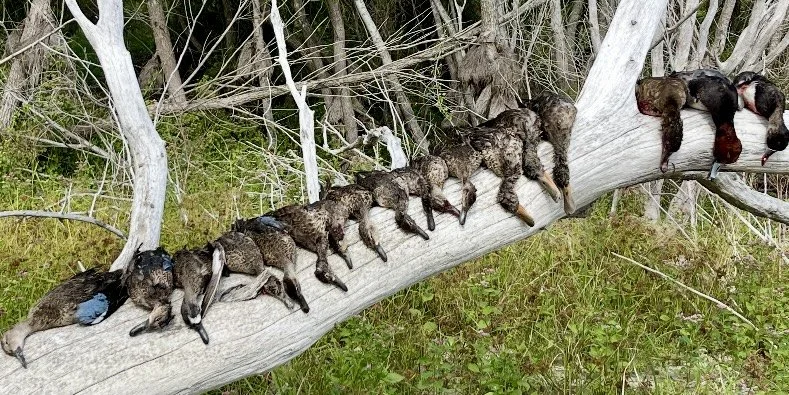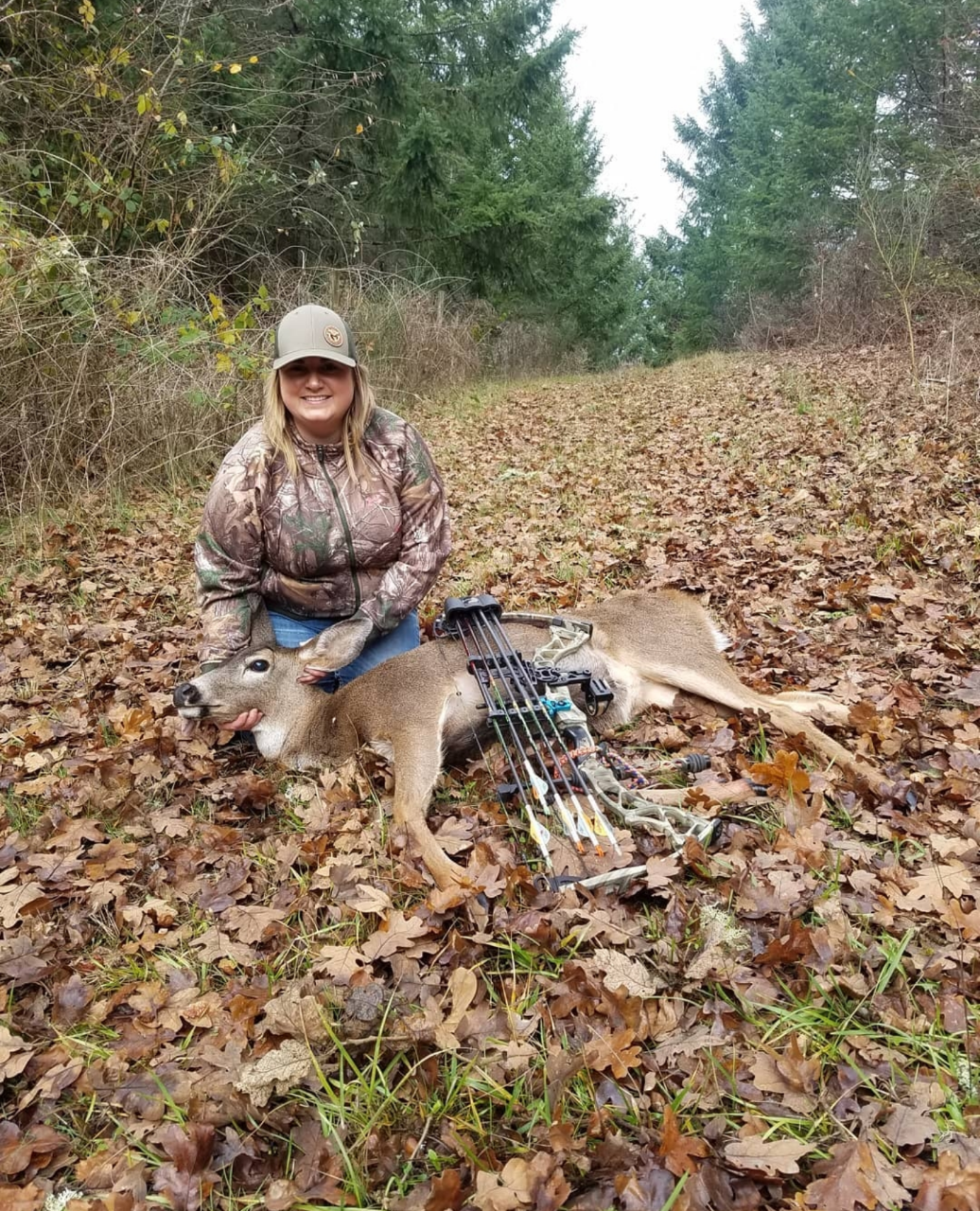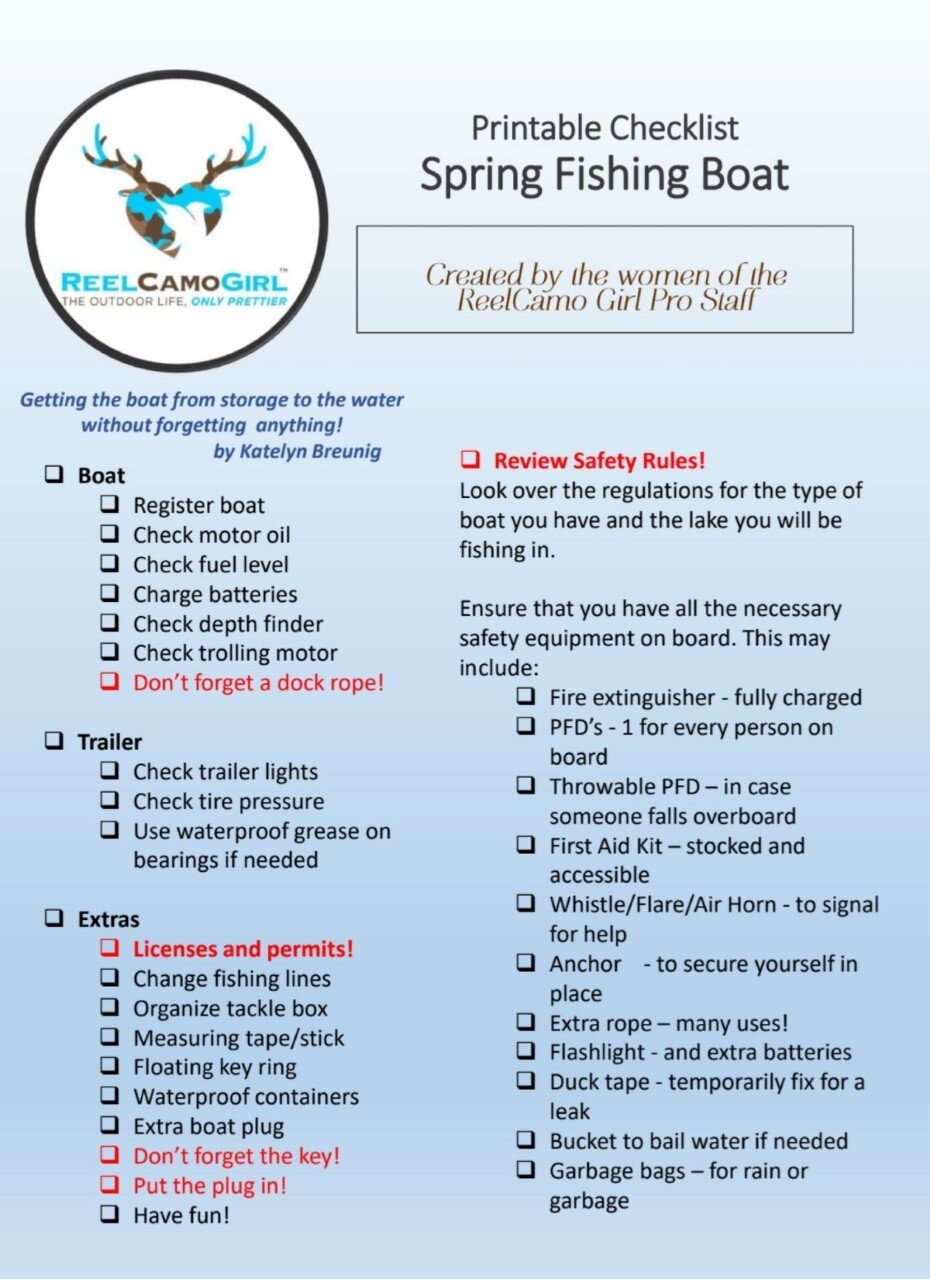HOW TO tips
Basics of reloading your own Ammo
Before you can pull the trigger on your next trophy, you need to have the right ammo. And for me nothing is more rewarding than reloading my own ammunition. Knowing that when I pull the tigger that the bullet will perform to it's peak performance. That every detail of my hunt from the bullets that I use in my gun, to processing of the meat, I have done. The feeling of such accomplishment when you harvest your animal knowing it was from something you made, something you did months earlier before the first leaf even fell.
Kelly McIntosh
Preparing for Waterfowl Season: Your Ultimate Guide to Gear and Getting Ready for Duck Season
Waterfowl hunting, especially duck hunting, is more than just a pastime—it's a time-honored tradition that connects us to nature, teaches patience, and rewards preparation. Whether you're a seasoned hunter or new to the sport, one thing remains the same: success starts with preparation.
Unpredictable weather, early mornings, changing migration patterns, and the physical demands of wading through flooded fields mean that showing up unprepared can quickly turn a promising hunt into a cold, wet, and miserable one.
So, let’s talk about what it really means to be prepared—and what gear you absolutely must have for a safe and successful waterfowl hunt.
Why Preparation Matters in Waterfowl Hunting
1. Safety First
Wetlands, icy water, and firearms make for a dangerous mix if you’re not careful. Being prepared with the right gear helps you stay warm, dry, and safe—no matter what the conditions throw at you.
2. Maximize Success
Ducks are wary and intelligent birds. If your gear fails, your calls sound off, or your camouflage isn’t cutting it, your chances of getting birds to decoy are slim. The better prepared you are, the better your odds.
3. Respect for the Hunt
Taking the time to plan and gear up properly shows respect—for the birds, for the tradition of hunting, and for your fellow hunters. It’s part of the ethics of fair chase and responsible harvesting.
Essential Duck Hunting Gear List
Here’s a checklist of must-have items for duck hunting. Some are obvious, others are easily overlooked—but all are important.
Clothing & Personal Gear
Waders & Bibs (insulated if it’s cold): Keeping dry is non-negotiable. If you’re hunting in water, waders. Dry fields, bibs.
Camo Waterproof Jacket: Ducks will flare at anything that stands out.
Base Layers: Moisture-wicking and warm.
Gloves: Waterproof and warm, but still allow trigger control. I prefer to wear a heavy glove on my left hand and a thinner one on my shooting hand.
Warm Hat: Preferably camo or dull colored.
Face Mask or Face Paint: Ducks notice skin tones.
Socks: Wool or synthetic—avoid cotton.
Firearm & Ammunition
Shotgun: 12 or 20 gauge is most common.
Non-toxic Shotgun Shells: Steel, bismuth, or tungsten. Don’t get tied up in the latest trend; a clean shooting shell is the most important thing to consider.
Gun Case: Waterproof if traveling by boat. Waterproof and floating is better.
Sling (optional): Helps when walking long distances.
Decoys & Calling
Duck Decoys: Mallards are standard but match local species.
Texas Rigs or Decoy Weights: Easy to set and retrieve.
Duck Call(s): Learn how to use them effectively.
Lanyard: Keeps your calls handy and organized.
Hunting Accessories
Blind Bag: Waterproof and durable to hold gear and shells, most importantly, though, your snacks.
Headlamp or Flashlight: Essential for pre-dawn setup.
Duck Strap or Game Carrier: Carry your birds out hands-free.
Knife or Multi-tool: For quick fixes and field dressing.
License & Stamps: Ensure you have your hunting license, state waterfowl stamp, and federal duck stamp. Always double-check local regulations before heading out.
Optional But Useful
Dog & Dog Gear: If you hunt with a retriever, pack vests, first aid, and a stand.
Motion Decoys (e.g., Mojo): Can make a big difference on still days.
Thermos: Hot coffee or soup goes a long way.
Small First Aid Kit: Accidents happen.
Dry Bag: Keep valuables and extra clothes dry.
Pro Tips for First Timers
Scout before you hunt. Know where the birds are flying and feeding.
Practice calling. A bad call does more harm than no call.
Check the weather. Sudden fronts can change everything—for better or worse. Learn to read the weather and know how that will affect the local birds.
Respect limits and laws. Know your daily bag limits and species ID.
Final Thoughts
Duck hunting is demanding. It tests your patience, skill, and grit—but the rewards are unmatched. The sound of wings overhead, the thrill of a locked-up flock coming straight at you, and the camaraderie shared in a duck blind are experiences that stay with you.
But none of that happens without preparation.
So, check your gear, know the regulations, scout your spot, and set that alarm early. A well-prepared waterfowl hunter is a successful—and safe—one.
Happy hunting and see you in the marsh.
RCG Pro Staff, Ashley Holm
Instagram @DirtyRedOutdoors

















Spring hunts are my favorite because bears are easy to find and plentiful, plus it's nice to get out big game hunting after winter.